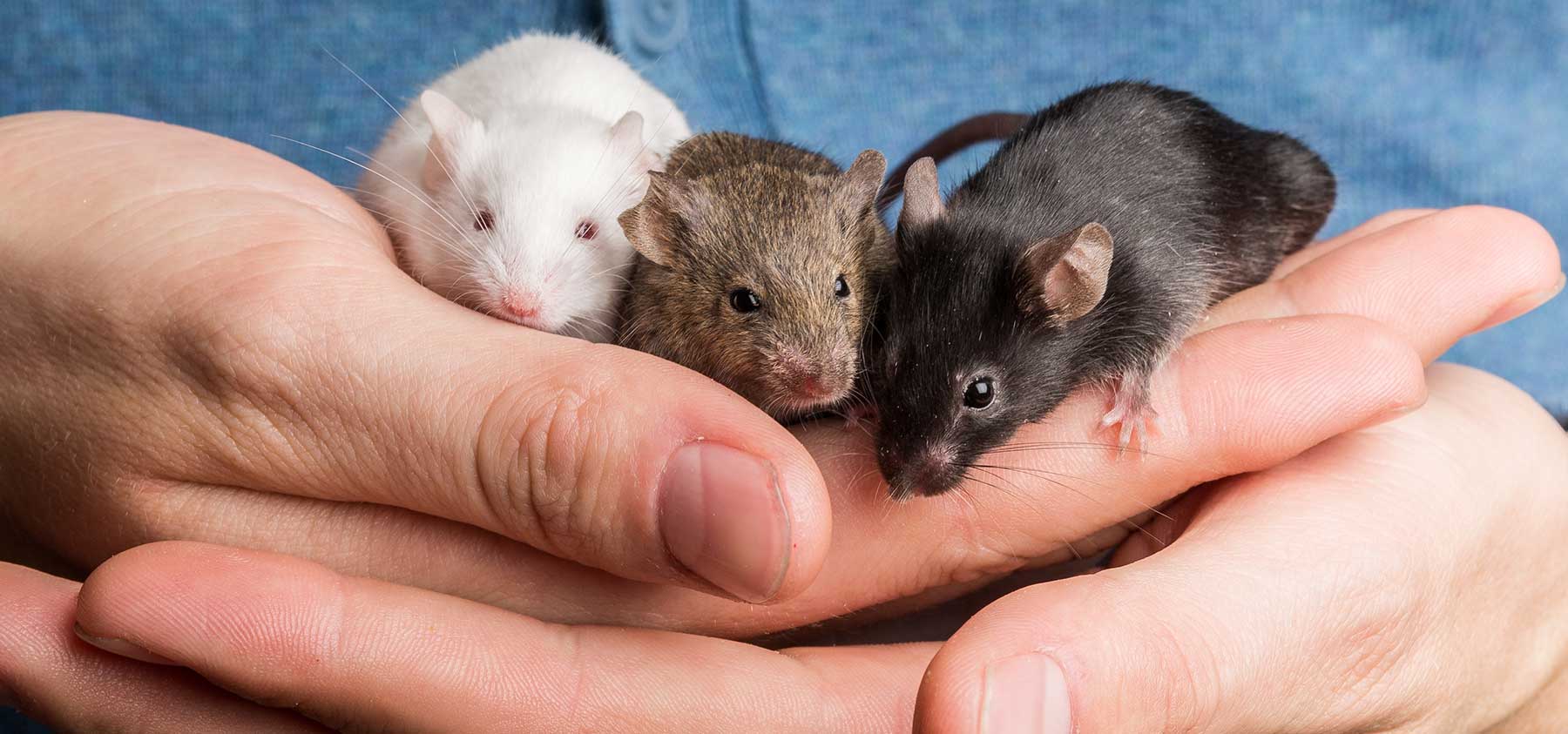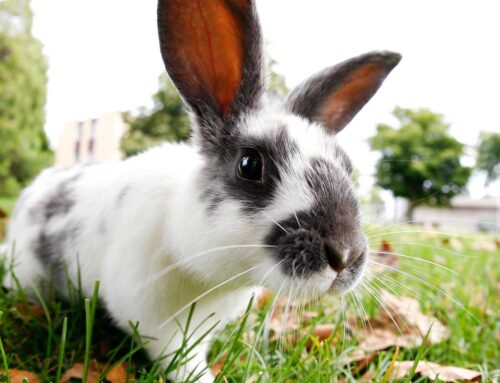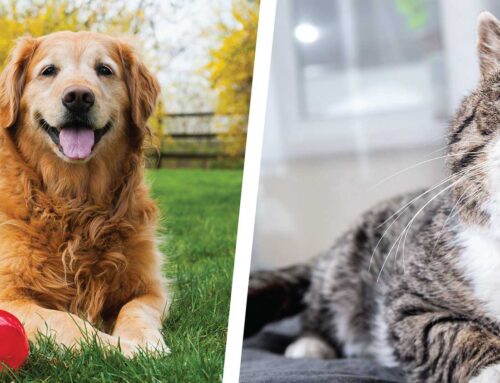Rats are becoming an increasingly popular pet. Brown rats have been domesticated for generations and are now referred to as ‘fancy rats’. They are clever, quiet, responsive to training and affectionate little friends who form extremely strong bonds with their owners. Plus, they don’t require too much space – you can see why pet owners love them!
Amongst fancy rat circles, there are seven recognised varieties based on coat, ear and tail types:
- Standard (short, glossy coat),
- Rex (curly hair and curly whiskers),
- Satin (thin, long coat),
- Bristle coat (stiff, coarse hair),
- Tailless (born without a tail),
- Hairless (born without a coat),
- Dumbo (ears on the side rather than on top)
Life Span
Unfortunately, rats only live for 2-3 years, sometimes a little longer. It’s all about quality over quantity with these little guys! They will form a strong bond quickly with their owner, so you can make the most of your time together.
Diet
Rats are omnivores – meaning they live on a diet of fruits, vegetables, meats, and grains. They do need a specific balance of proteins, fats and fibres, so speak to us to talk about your rat’s diet.
Some favourite rat foods include apples (without seeds!), berries, beans, corn, broccoli, chicken, and raw bones.
Some foods to avoid feeding your rat include avocado, mango, liquorice, blue cheese, raw red cabbage, raw sweet potatoes, raw brussel sprouts, raw artichokes, rhubarb, and sticky food (like peanut butter and lollies). Speak to us for a more comprehensive list of foods rats can and can’t eat.
Housing
Rats love to climb! A vertical/tall enclosure with different levels to explore is perfect for your little friend. The bigger the house the better. It must offer them protection from the cold, wind, heat and rain. All rats love to nest and burrow, so make sure you have plenty of paper, hay or straw available for them to dig into. Clean cat recycled paper litter, old towels and shredded paper will be a greatly appreciated addition to their bedding, but never use sawdust or wood chips, as this causes issues for their respiratory system! Your rat will need a small cardboard box or something similar to sleep in.
Exercise & Enrichment
Your pet rat is very intelligent. Make sure he or she has plenty of toys to play with. Old toilet rolls make for a fun new tunnelling attraction, along with hammocks, rope toys, exercise wheels and puzzles. A great rat puzzle is adding some peas to a very shallow water dish to fish out. Add some ladders to your rat’s cage for climbing up and down between levels. They will need about an hour of exercise a day – this is a great way to get those steps in! Hiding food to encourage foraging is also a great way to add in extra exercise.
Grooming & Handling
Contrary to popular belief, rats are very hygienic animals. They spend a large portion of their daily bathing and grooming themselves (including nail trims), so typically there is no need to wash your rat – yet another reason to love them! Being a rodent, a rat’s teeth will continuously grow throughout their life. With a healthy diet, your rat will be able to look after their teeth on their own, but make sure they have access to some untreated wood for chewing!
Make sure you never pick your rat up by the tail – ouch! Only pick your rat up by the torso – making sure their feet and spine are supported.
Health Care
The most common conditions fancy rats suffer are respiratory disease and mammary tumours. Mammary tumours can be avoided by having your rat spayed at a young age. Respiratory diseases can often be treated with antibiotics. If you are worried about your rat’s health or they’re acting a little differently from normal, give us a call and book a check-up for your furry friend – we are small animal specialists and here to make sure your rat lives a healthy life!








